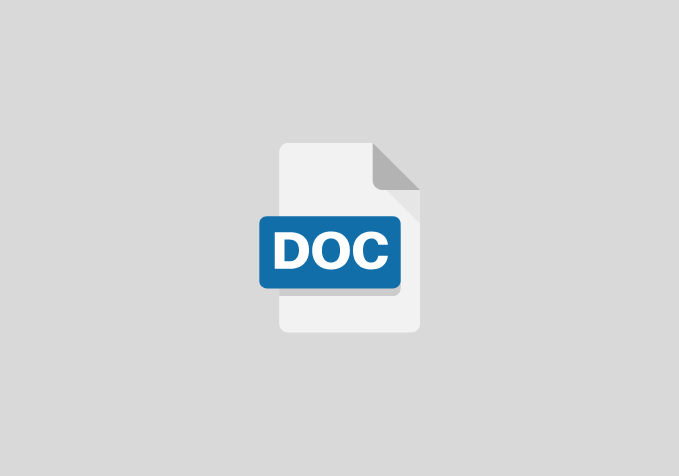Impact of Database on Organizational Performance in an Industry Proposal
CHAPTER ONE
AIMS AND OBJECTIVES OF STUDY
The major objective of this study will be to provide relevant information as regards the impact of Database on organizational performance and also will add to the bank of knowledge where any similar write-up-exists.
The objective will be broken down as follows:
- Examine whether Database has any impact on organizational performance.
- Determine whether database has any impact on management decision making.
CHAPTER TWO
LITERATURE REVIEW
Concept of Database
The system of Database shows that communication is needed to carry out the managerial functions and for linking the organizations with its external environment. Database provides communication link that makes the activities and responsibilities surrounding management or managers possible, Burns, J.M.(1998).The focus in Database coupled with improved processing as led to the reduction in bottlenecks attached to management process. Managers have re-organized for years so that traditional accounting information aimed at the calculation of profit have been of limited value for control. Yet in many companies, this has been virtually the only regular collected and analyzed type of data. Managers need all kinds of non accounting information about the external environment such as social, economic, political, and technical development. In addition, managers need non accounting information on internal operations. The information should be quantitative.
CHAPTER THREE
RESEARCH METHODOLOGY
Introduction
In this chapter, we will describe how the study was carried out.
Research design
Research design is a detailed outline of how an investigation took place. It entails how data is collected, the data collection tools used and the mode of analyzing data collected (Cooper & Schindler (2006). This study used a descriptive research design. Gill and Johnson (2002) state that a descriptive design looks at particular characteristics of a specific population of subjects, at a particular point in time or at different times for comparative purposes. The choice of a survey design for this study was deemed appropriate as Mugenda and Mugenda (2003) attest that it enables the researcher to determine the nature of prevailing conditions without manipulating the subjects.
Further, the survey method was useful in describing the characteristics of a large population and no other method of observation can provide this general capability. On the other hand, since the time duration to complete the research project was limited, the survey method was a cost effective way to gather information from a large group of people within a short time. The survey design made feasible very large samples and thus making the results statistically significant even when analyzing multiple variables. It allowed for many questions to be asked about a given topic giving considerable flexibility to the analysis. Usually, high reliability is easy to obtain by presenting all subjects with a standardized stimulus; observer subjectivity is greatly eliminated. Cooper and Schindler (2006) assert that the results of a survey can be easily generalized to the entire population.
REFERENCES
- Barry, S. (1998):Introduction to Computer Information System. New York, Rinelart and Winston. Drucker, P. (1977): An Introduction view of Management. New York, Harpers.
- Heinz Welhrich and Harold Koontz: A global management perspective, 10th Edition. Lusy, T. (1995): Management Information System, 7th Edition, ELBS London.
- Miller, E. F: An approach to an effective Management Information System: American Management Association, New York.
- Olawepo, G. T. (1990): An introduction to Data Processing and Management Information System, Ilorin.
- Oliver, E. C. and Chapman: Data Processing and Information Technology. 8th Edition, ELBS, London.
- Sander, D. H. and Birkin, S. J: Computer and Management in a changing society. 3rd Edition, McGraw Hill Book Company.
- Summers, E. L. (1991): Accounting Information System, 2nd Edition. Miffin Company. Independent News Magazine for the African Computer Communication 1993 Published by an AITEC.


